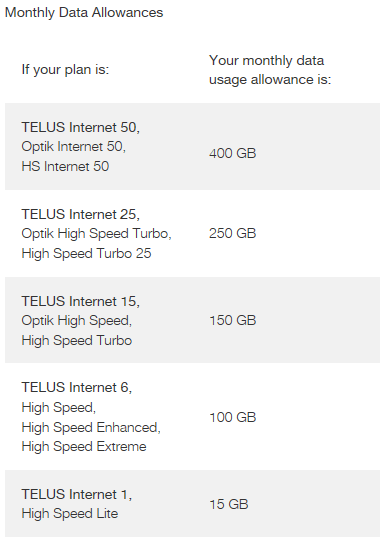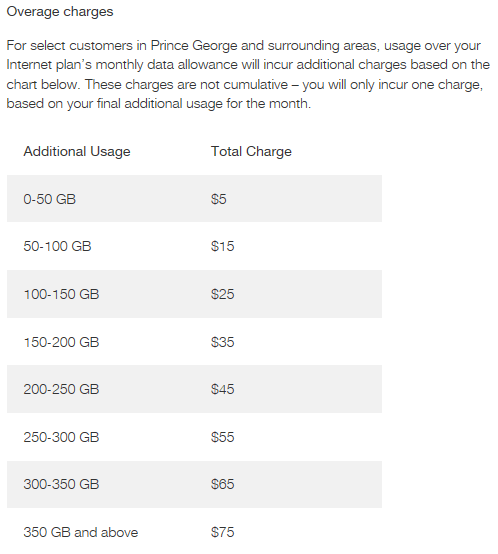 Telus, Bell and Rogers charge customers as much as 45 percent less on wireless service where they face a fourth regional competitor in a case of suspected predatory pricing that could threaten the viability of competition in Canada’s wireless marketplace.
Telus, Bell and Rogers charge customers as much as 45 percent less on wireless service where they face a fourth regional competitor in a case of suspected predatory pricing that could threaten the viability of competition in Canada’s wireless marketplace.
SaskTel, a crown corporation, is one of several Canadian regional wireless providers. The Saskatchewan Telecommunications Holding Corporation, based in Regina, said SaskTel’s revenue and net income dipped to $1.205 billion and $90.1 million, respectively. SaskTel (which has net income of $106.2 million in 2012) projects this will be only $59.2 million next year.
The dramatic drop in revenue, in part, comes from suspiciously low wireless rates in areas where SaskTel and other regional providers operate.
Sudden rate cuts were introduced last summer and are available only to customers where regional firms offer wireless service. Vidéotron in Quebec, EastLink in the Maritimes, MTS in Manitoba, and SaskTel in Saskatchewan are all impacted. But the savings don’t extend outside of these competitive areas, leading to whispered accusations that the Big Three are engaged in predatory pricing behavior, designed to undercut competitors while maintaining high rates for everyone else.

Styles
SaskTel president Ron Styles told The Leader-Post Telus has been offering customers in Saskatchewan a rate 45% lower than customers in Red Deer, Alberta pay. SaskTel is forced to match those rates to stay competitive, but it has hit the crown corporation’s finances hard.
“We’re very concerned; it’s had a major impact,” Don McMorris, cabinet minister responsible for SaskTel, told the newspaper.
Although many customers are happy paying a much lower mobile phone bill, the savings may prove temporary.
Canada’s three national carriers have proved particularly adept as killing off any competitors threatening their 90%+ market share. Public Mobile found it difficult to attract new customers away from rival Telus, so as the business floundered, Telus made the upstart company an offer it couldn’t refuse, shut down Public’s network, and transferred customers to its own network.
Although stopping short of directly pointing the finger at the Big Three, Styles is headed to Ottawa to discuss the implications of predatory pricing on SaskTel’s future. But he left no doubt something is up.
If Bell, Telus and Rogers can afford to offer low rates here and on other “4th carrier” turf, does that mean their wireless rates are needlessly high elsewhere, Styles asks. Or are the Big 3 engaged in “predatory pricing” — selling something below cost to damage or destroy competitors and keep new entrants out of the market.


 Subscribe
Subscribe Despite growing competition from Bell’s fiber-to-the-neighborhood service Fibe, now expanding into many of Cogeco’s outer suburban service areas, Cogeco will not negotiate a better deal for customers, preferring to emphasize its customer service and “right-sizing” bundles of services to best meet customer needs.
Despite growing competition from Bell’s fiber-to-the-neighborhood service Fibe, now expanding into many of Cogeco’s outer suburban service areas, Cogeco will not negotiate a better deal for customers, preferring to emphasize its customer service and “right-sizing” bundles of services to best meet customer needs.




 While you wait for Canada’s telecommunications regulator to wake up and realize the country is in the grip of an anti-competitive broadband duopoly, the Canadian Radio-television and Telecommunications Commission is busy making sure Canadian heritage is protected with requirements that adult networks air enough homegrown porn.
While you wait for Canada’s telecommunications regulator to wake up and realize the country is in the grip of an anti-competitive broadband duopoly, the Canadian Radio-television and Telecommunications Commission is busy making sure Canadian heritage is protected with requirements that adult networks air enough homegrown porn.
 Bigger discounts can be had for television and Internet service — cable television remains immensely profitable in Canada and broadband is cheap to offer, especially in cities. Americans often pay $80 or more for digital cable television packages, Canadians pay an average of $60.
Bigger discounts can be had for television and Internet service — cable television remains immensely profitable in Canada and broadband is cheap to offer, especially in cities. Americans often pay $80 or more for digital cable television packages, Canadians pay an average of $60.